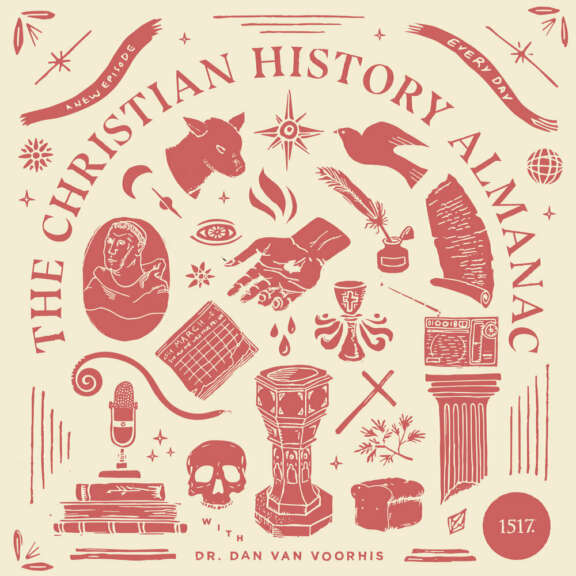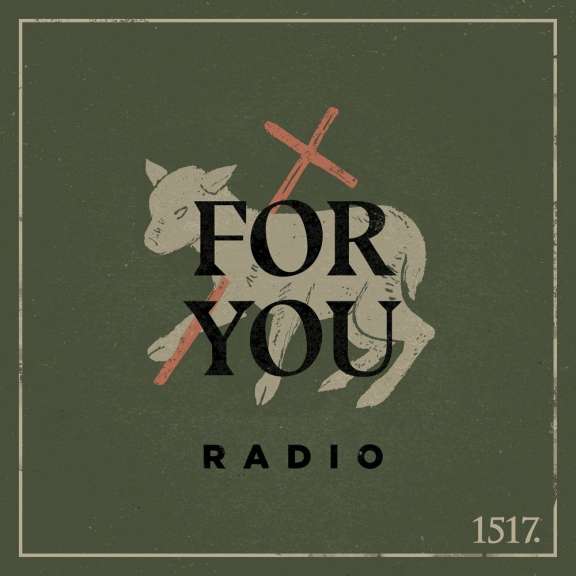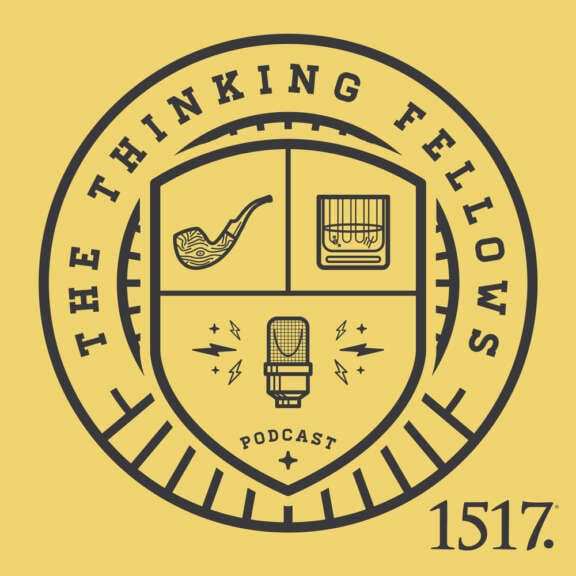The year was 1919. We remember Baron Paul Nicolay, the Lutheran evangelist in Russia. Our reading is from Russian dissident Aleksandr Solzhenitsyn, titled "Confession."
Podcasts
Each 1517 Podcast is dedicated to delivering Christ-centered content through weekly, monthly, and seasonal audio platforms. Listen online or on your favorite podcasting app.
Author
- All Authors
- Aaron Zimmerman
- Adam Francisco
- Amy Mantravadi
- Blake Flattley
- Bob Hiller
- Bradley Gray
- Brian W. Thomas
- Bror Erickson
- Bruce Hillman
- Caleb Keith
- Chad Bird
- Chris Rosebrough
- Christopher Gillespie
- Cindy Koch
- Craig Donofrio
- Dan van Voorhis
- Daniel Deen
- Daniel Emery Price
- Darrin Sheek
- David Andersen
- David Rufner
- David Zahl
- Debi Winrich
- Delwyn Campbell
- Donavon Riley
- Doug Klembara
- Edward Killian
- Elyse Fitzpatrick
- Erick Sorensen
- Flame
- Grant Klembara
- Gretchen Ronnevik
- Haroldo Camacho
- Jacob Smith
- Jared C. Wilson
- Jeff Mallinson
- Jeffrey Pulse
- Jessica Thompson
- Jim Nestingen
- Joel Fitzpatrick
- Joel Hess
- John Andrew Schreiner
- John Bombaro
- John T. Pless
- John W. Hoyum
- John Warwick Montgomery
- Katie Koplin
- Kelsi Klembara
- Ken Sundet Jones
- Magnus Persson
- Matt Popovits
- Michael Berg
- Michael Horton
- Nick Lannon
- Paul Koch
- Peter Nafzger
- Philip Bartelt
- Raleigh Sadler
- RJ Grunewald
- Robert Kolb
- Rod Rosenbladt
- Ron Hodel
- Sam Leanza Ortiz
- Sarah Condon
- Sarah Crowder
- Scott Davis
- Scott Keith
- Steven Paulson
- Tanner Olson
- Troy Neujahr
- Uwe Siemon-Netto
- Wade Johnston
- William Cwirla
-
The year was 1695. We remember the Reverend John Glas. The reading is "Sing Hosanna" by Glas.
-
The year was 1965, and Pope Paul VI became the first Pope to travel to the Western Hemisphere. The reading is from Karol Jozef Wojtyla, his “Meditations on the Book of Genesis: at the Threshold of the Sistine Chapel."
-
The year was 1943. We remember Danish Lutheran pastor Kjeldgaard Jensen. The reading is from Dietrich Bonhoeffer, his "Meditations on the Cross."
-
God the Father, God the Space Ghost, and God the Holy Ghost? That doesn't seem right. How about, God the Father, God the Created Son, and . . . no, that's not right either. Craig and Troy look at some more Christoogical heresies that try to understand Jesus, but miss the mark.
-
The year was 1800. We remember Nat Turner. The reading is from the Epistle of St. Paul to the Ephesians chapter three, verse twenty-five.
-
Forget prayer, America needs the use of logic and civilized discourse! So do preachers. What if preachers actually honestly engage the culture instead of cry “martyr”? Ringside meets The Craft of Preaching with special guest Dr. Ben Haupt.
-
The year was 1567. We remember a few stories filled with court intrigue, suspicion, and murder, as well as Pietro Carnesecchi, a humanist and would-be Reformer. The reading is “The World is not Conclusion” by Emily Dickinson.
-
The year was 1958. We remember the author Elsie Singmaster. The reading is from Frances Ellen Watkins Harper, “That Blessed Hope.”
-
Scott and Caleb are joined by Steve Paulson to talk about the Bondage of the Will.
-
The year was 1349. We remember the English hermit, mystic, and author Richard Rolle. The reading is from 19th-century poet James Montgomery, “Come To Calvary’s Holy Mountain.”
-
The year was 1529. We remember the death of Adolf Clarenbach and Peter Fliesteden. The reading is from Martin Luther's Large Catechism in response to the petition in the Lord's prayer for the forgiveness of sins.


